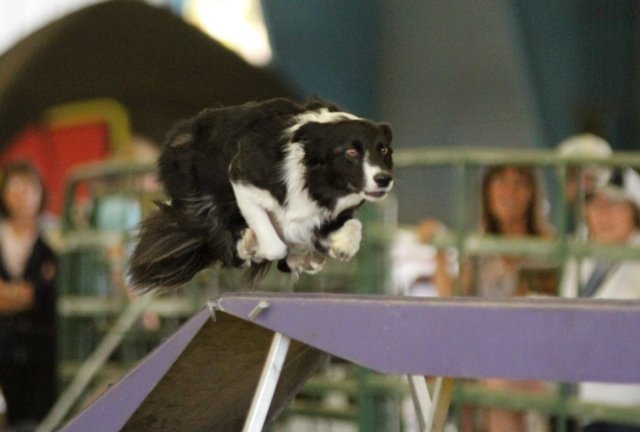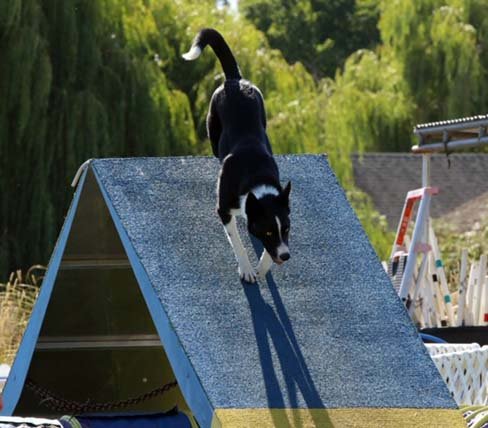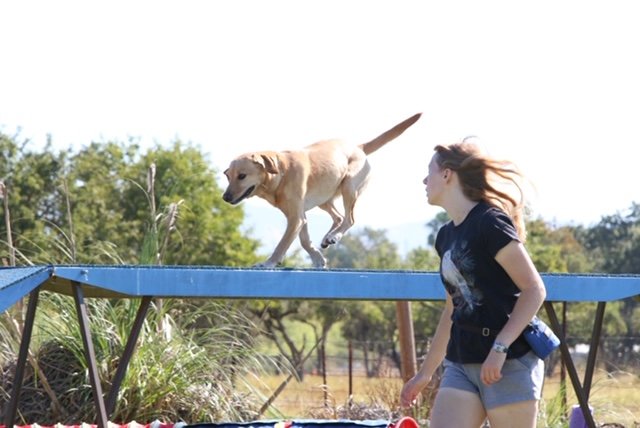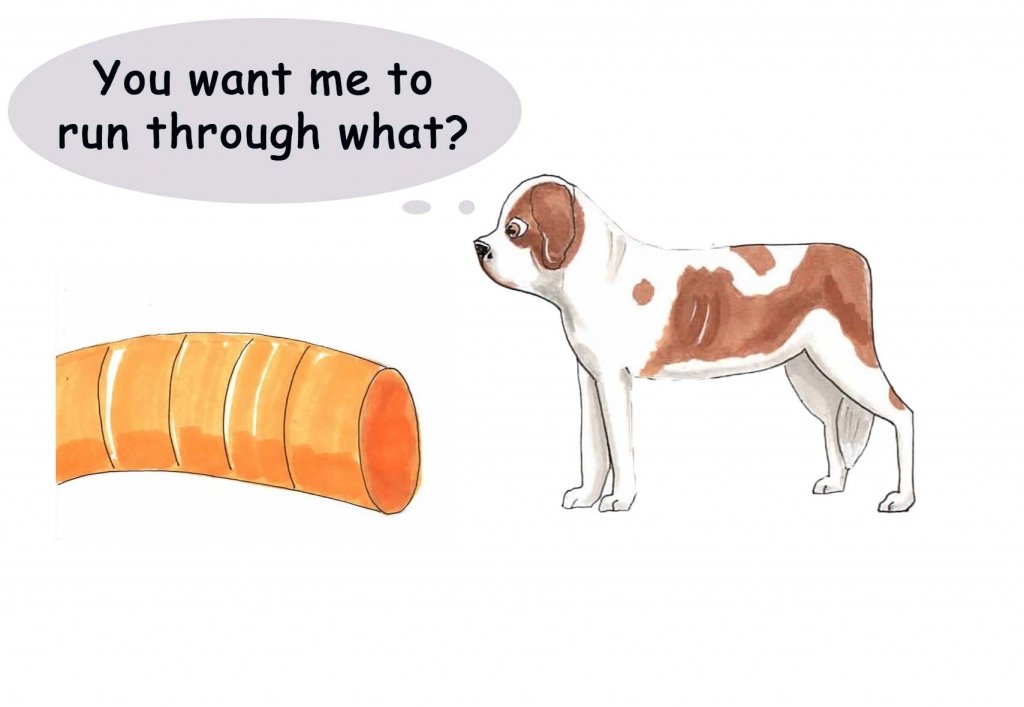The Truth about Sport Dogs – Six Useful Categories of Canine Competitors
We live in good times. There is a lengthy list of dog sports available for human/dog teams that seek mental, physical stimulation, and competition. We have agility, nosework, freestyle, disc dogs, dock jumping, flyball, herding, lure coursing, rally, tracking, barn hunt, protection sports, and more. The challenge is finding the right sport(s) for the dog you have or the right dog for the sports you dream of doing.
There are breeds that are more popular in each sport given their historical success. Think agility and the Border Collie and Aussie comes to mind. But there are examples of most breeds participating in every sport. I recently saw a video of a miniature Dachshund leaping three feet in dock jumping. Then a famous dock jumping Whippet launched a jump of 36 feet.
It is natural to evaluate a dog’s potential by their breed. The problem is that there is a wide range of behaviors within every breed. While Border Collies are considered the Porsche of agility, my first Border Collie, Poppy, thought agility trials were scary places. She voted to go participate in a different sport. This required a major change in my thinking which took longer than it should have. I would like to propose that there is another way to think about sport dogs other than just by breeds. It is a new filter to help you negotiate this complex world.
I propose that there are six useful categories to determine the best sport for your dog or the best dog to acquire. How do I know these categories? I have four dogs in four different categories – the driven, the all-business, the eager but silly, and the introvert.
Read the categories to evaluate your dog or to decide on a dog.
The Driven Dog lives to perform a task. These dogs are the Type A’s of the agility world. With good training, the driven dog can win at agility in the morning and hold down a paper route in the afternoon. In their sport, these dogs perform with afterburners. The crowd hushes. In sports that are timed, they finish the course in half the allotted time. They compete with each other for tenths of seconds.

The All Business Dog is a generalist. This type of dog prefers a day with an equal mix of ball chasing, grass nibbling, toy chewing, napping, and short training sessions. These dogs approach each activity seriously and competently. They make one think of briefcases and commuter mugs. When they enter an arena, they are no-nonsense performers.

The Eager but Silly Dog would be selected as the class clown if he were a kid in school. They are exuberant and goofy. These dogs often spin or bark wildly while they perform. Occasionally they will see an old friend outside the ring or a stranger eating Chicken McNuggets and make a beeline for them. This category of dog is charming but hard to trust. They require that family and friends view agility competitions from a distance that requires binoculars. Some young dogs live here for a while and then settle down in another category, but some remain here.

The Introvert Dog is the type of dog that is simply uncomfortable with the intensity of sports like agility. If they were people, they would be self-employed and work from home. In some sports, they appear nervous or uncertain. They would probably be more comfortable in a quieter sport. These dogs can sometimes be lured out of their shell with a soft hand. Some cannot. It took me a couple of years and a fair number of trials to recognize that my Poppy, was really uncomfortable at agility. When I finally got it, we discovered nosework and Frisbee where she became a star.

The Mind Is Willing but the Body is Challenged Dog often falls on either end of the size continuum. If you want to participate in a sport with a breed that was created to go to ground after rodents or a breed that could be used at the pony rides, agility may not be your best choice. While there are Great Danes and St. Bernards that do agility, these are special dogs with patient trainers. Once you realistically assess your dog’s size and athleticism, there will be a variety of reasonable options. If you are determined, there are examples of dogs that overcome their physical challenges to becomes stars, but it may be an uphill battle.

The You-Can’t-Mean-Me Dog comprises a small group of dogs. These pups simply do not see any sport as their life’s work. If you have one of these dogs, it is best to consider a second dog or borrow the neighbor’s Border Collie.
If you already have your dog, select your sport carefully so that both you and your dog have fun. If you are going to acquire a dog, consider the attributes required for the sport and select carefully. Remember you have to live with the dog too. My driven dog has a racetrack worn around the yard. Even when you are thoughtful, know things may not tun out differently than you planned. When you find the right sport or right dog to enjoy a long sports career, you can thank your lucky stars.
